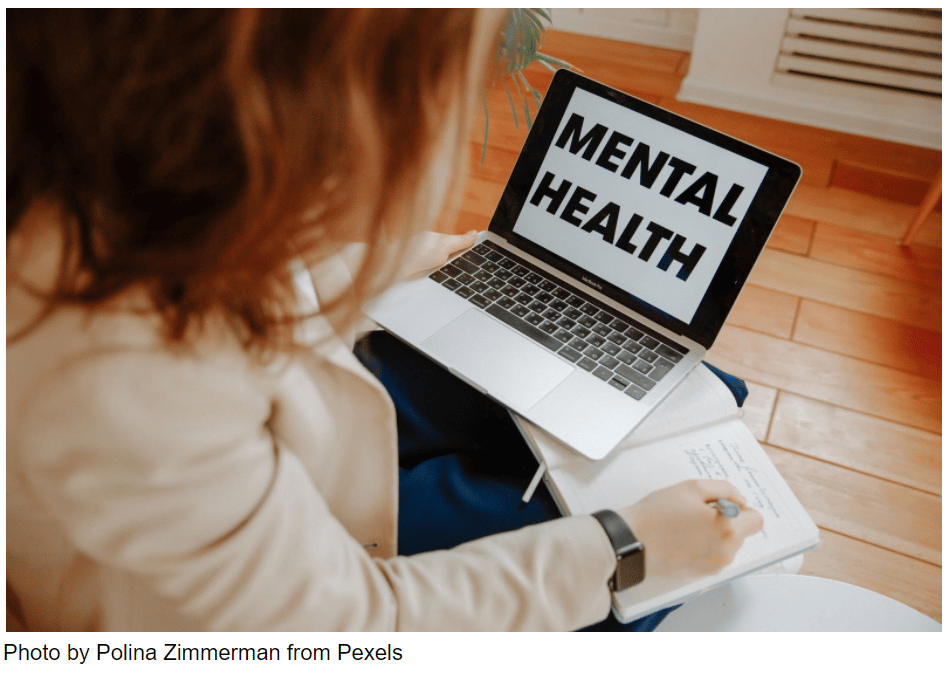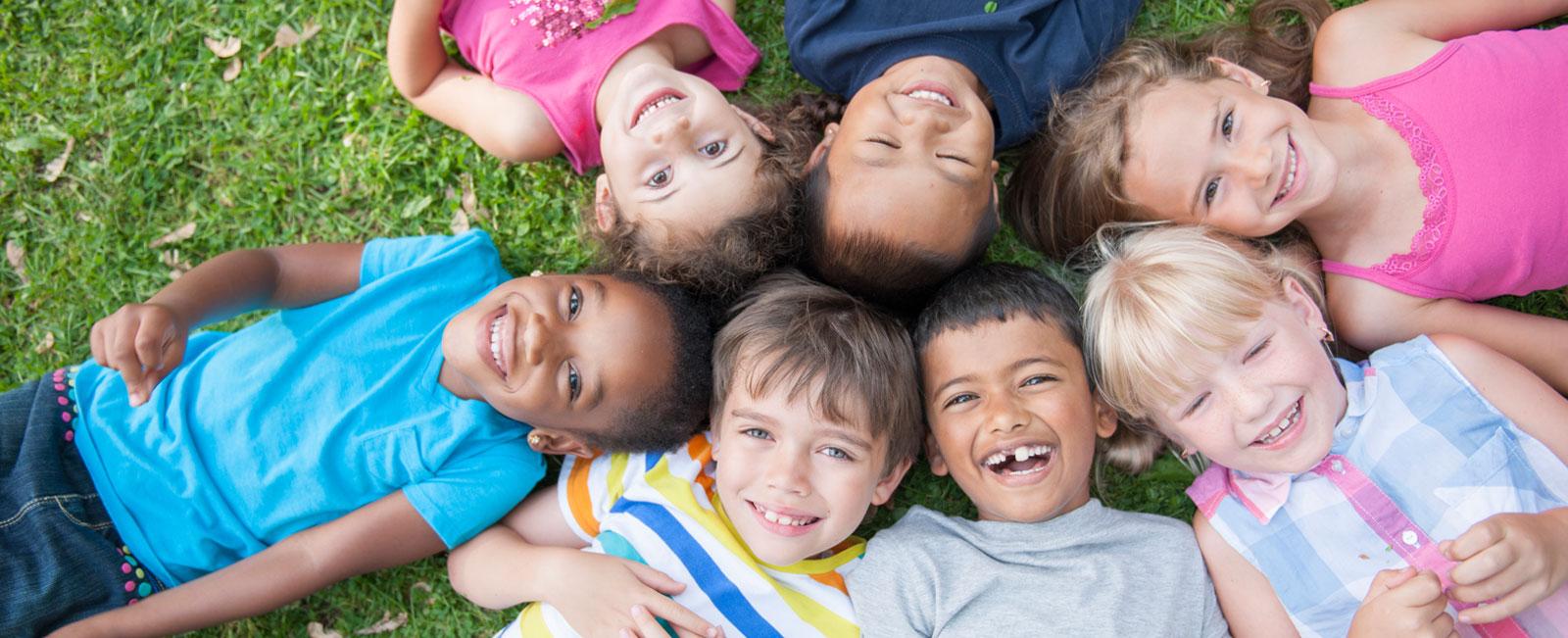
Mental Health: Where We Are and How to Move the Conversation Forward
Shocking Statistics and Two Mindset Shifts You Can Embrace Today
Written By: Christy S. Renjilian
Mental health doesn’t just show up in your life. Mental health is your life. In the same way, physical health is your life.
Walking through struggles and facing challenges is part of the human experience. And unfortunately, so is trauma.
Research from the Center for Disease Control and Prevention tells us that children who have Adverse Childhood Experiences (ACEs) are more likely to have chronic health problems, mental illness, substance abuse problems, and difficulties in school.
Often, the more numerous and severe the adverse experiences a child has, the greater the long-term negative impact on their physical and mental health. Evidence also suggests that adversity and stress can influence brain development in infancy and early childhood and can even have intergenerational effects.
And we have seen, personally and professionally, the effects of trauma on mental health each day. From persons impacted by child abuse, sexual assault, domestic violence, and community violence, to the struggle with depression, bipolar, and other mental health issues that impact wellbeing.
A Snapshot of Where We Are Now:
We know mental health challenges are prevalent in today’s world. But just how prevalent is it?
According to the National Alliance on Mental Illness:
1 in 5 U.S. adults experience mental illness each year
1 in 20 U.S. adults experience serious mental illness each year
1 in 6 U.S. youth aged 6-17 experience a mental health disorder each year
50% of all lifetime mental illness begins by age 14, and 75% by age 24
Suicide is the 2nd leading cause of death among people aged 10-34
You know these statistics are true. Chances are good you have someone in your life, right now, working hard to improve her mental health.
She’s stuck in a rut, as they say. And you are doing your best to reach out to her, to encourage her. Or if that someone is you, you might be actively talking to a professional. Because so often it’s more than you and your community of support can cope with.
This past year, especially, you’ve been trying your best to practice radical self-care and wellness. It’s been a struggle. And you want to do more. You want to model a life of engagement, a life full of living and love. And you want to help the next generation cope in a healthier, more aligned way.
Because the numbers are staggering. And behind these numbers are real-life people like you and me.
Two things you can do to move the mental health conversation and movement forward:
Support Mental Health as You Do Physical Health
It’s time to admit that mental health and wellness affect everyone. It’s time to support co-workers, friends, and family members who are facing mental health issues as we would those experiencing physical health issues.
In fact, the two are often intertwined and influence each other. During the past 18 months, as a society, as an employer, and as individuals, we have all experienced times of struggle in our ability to cope with COVID and the impacts it had on our ‘normal life.’
It brought to light that everyone can suffer from mental health issues, and there is no need to be ashamed or to avoid getting support from friends, family members, and professionals.
Dr. Ken Duckworth, chief medical officer of the National Alliance on Mental Illness, said “the rate of mental health conditions and substance use conditions essentially doubled during the pandemic from one in five to two and five. At the same time, I think mental health went from becoming a ‘they’ thing to a ‘we’ thing.
“People have recognized that mental health is, in fact, a part of health. And most of us know somebody or have had a personal experience of somebody who struggled with their mental health through the pandemic.”
In fact, just last month a friend and mentor shared with me that her husband was in the midst of a mental health crisis. And as a mother and business owner, it greatly affected her mental health, too. So she turned to a professional for help.
These crises are happening in homes across our community, our nation, our world. And so, too, are conversations.
So go on, be a part of a conversation. Support a friend’s journey toward wholeness as you would his going through a physical health challenge.
Be a positive influence on their healing, their recovery. It can be as simple as making a meal and dropping it off, going on a long walk together, writing a note of encouragement, or making open, judgment-free space for him to express himself during your next phone call.
You can make a real difference.
When Talking About Mental Health, Use Strength Language
Just as you wouldn’t judge someone for breaking a leg or having cancer, you shouldn’t judge someone coping with anxiety and depression. In fact, you may even use strength language to talk about people who are living with depression, childhood trauma, or PTSD.
“Words like suffering and illness have negative connotations associated with them. Thus, I choose to use healthier phrases such as ‘I’m living/thriving with mental wellness issues’ because I continue to push forward on a daily basis, with the language that I choose to use playing a critical role in that process. My wellness issues will not stop my ability to thrive, but if I look at it as an illness, it may. The mind is very powerful.”
– Phillip J. Roundtree
What seems like simple shifts, challenge instead of problem, seeking professional help instead of having a crisis, make a big difference.
In the same way you talk about preventative strategies and wellness for physical health, be open to talking about wellness in terms of your mental health. Mindfulness, resilience, and things that feed your mental and emotional health are to be practiced.
Encourage those around you to take time for their mental health, in whatever form that takes for them. Some like to meditate, practice yoga or go for a walk. For others it’s a hobby, good movie or concert. Some seek out human connection. Others like to be alone. The important thing is to be aware and honor yourself, to be okay with taking time, stepping back, and breathing deeply. To rest and restore your emotional and mental health.
“Vulnerability is not winning or losing; it’s having the courage to show up and be seen when we have no control over the outcome. Vulnerability is not weakness; it’s our greatest measure of courage.”
– Dr. Brené Brown
Dr. Brené Brown’s work on vulnerability and shame has resonated and captivated the nation and the world. It has shifted the lens of how we think about vulnerability from one of weakness to one of great strength.
Takeaways
Mental health, physical health, and emotional health are all of the same importance. They all make up this very human experience you’re living day in and day out.
It’s time to support them equally. And to do it from a place of strength.
Along the way, be kind to others and to yourself. Often, it’s the most challenging time of our life. Extend grace and kindness to yourself. And to others.
“Be kinder than necessary because everyone you meet is fighting some kind of battle”
– JM Barrie
Resources:
NAMI: Mental Health By the Numbers
ABC: How to recognize when someone needs help coming out of the pandemic and what to do
Additional Reading:
Tara Brach: Guided Meditations
Harvard University: ACEs and Toxic Stress
Harvard University: Resilience
About Community Connections for Children, Inc.
Community Connections for Children, Inc. (CCC) is a nonprofit centered in the heart of Pennsylvania. They serve childcare providers and low-income families ‒ the ones that have been impacted the most by the pandemic.
For you and your business, CCC helps keep childcare options open for your employees ‒ saving missed work hours and lowering on-the-job stress levels. They work with early childhood education programs and home-based providers to improve the quality of care, ensuring that all children enter school ready to be successful.
Christy Renjilian serves as its Executive Director.
To learn more, visit childcareconsultants.org.

